What does “feminism” mean today?
In We Should All Be Feminists, this personal, eloquently argued essay, Chimamanda Ngozi Adichie offers readers a unique definition of feminism for the twenty-first century, one rooted in inclusion and awareness. Drawing extensively on her own experiences and her deep understanding of the often masked realities of sexual politics, here is one remarkable author’s exploration of what it means to be a woman now – an of-the-moment rallying cry for why we should all be feminists.
Enjoy this empowering extract today.
‘Gender is not an easy conversation to have. It makes people uncomfortable, sometimes even irritable. Both men and women are resistant to talk about gender, or are quick to dismiss the problems of gender. Because thinking of changing the status quo is always uncomfortable.
Some people ask, ‘Why the word feminist? Why not just say you are a believer in human rights, or something like that?’ Because that would be dishonest. Feminism is, of course, part of human rights in general – but to choose to use the vague expression human rights is to deny the specific and particular problem of gender. It would be a way of pretending that it was not women who have, for centuries, been excluded. It would be a way of denying that
the problem of gender targets women. That the problem was not about being human, but specifically about being a female human. For centuries, the world divided human beings into two groups and then proceeded to exclude and oppress one group. It is only fair that the solution to the problem should acknowledge that.
Some men feel threatened by the idea of feminism. This comes, I think, from the insecurity
triggered by how boys are brought up, how their sense of self-worth is diminished if they are not ‘naturally’ in charge as men.
Other men might respond by saying, ‘Okay, this is interesting, but I don’t think like that.
I don’t even think about gender.’
Maybe not.
And that is part of the problem. That many men do not actively think about gender or notice gender. That many men say, like my friend Louis did, that things might have been bad in the past but everything is fine now. And that many men do nothing to change it. If you are a man and you walk into a restaurant and the waiter greets just you, does it occur to you to ask the waiter, ‘Why have you not greeted her?’ Men need to speak out in all of these ostensibly small situations.
Because gender can be uncomfortable, there are easy ways to close this conversation.
Some people will bring up evolutionary biology and apes, how female apes bow to male apes – that sort of thing. But the point is this: we are not apes. Apes also live in trees and eat earthworms. We do not.
Some people will say, ‘Well, poor men also have a hard time.’ And they do.
But that is not what this conversation is about. Gender and class are different. Poor men still have the privileges of being men, even if they do not have the privileges of being wealthy. I learned a lot about systems of oppression and how they can be blind to one another by talking to black men. I was once talking about gender and a man said to me, ‘Why does it have to be you as a woman? Why not you as a human being?’ This type of question is a way of silencing a person’s specific experiences. Of course I am a human being, but there are particular things that happen to me in the world because I am a woman. This same man, by the way, would often talk about his experience as a black man. (To which I should probably have responded, ‘Why not your experiences as a man or as a human being? Why a black man?’)
So, no, this conversation is about gender. Some people will say, ‘Oh, but women have the real power: bottom power.’ (This is a Nigerian expression for a woman who uses her sexuality to get things from men.) But bottom power is not power at all, because the
woman with bottom power is actually not powerful; she just has a good route to tap another person’s power. And then what happens if the man is in a bad mood or sick or temporarily impotent?
Some people will say a woman is subordinate to men because it’s our culture. But culture is constantly changing. I have beautiful twin nieces who are fifteen. If they had been born a hundred years ago, they would have been taken away and killed. Because a hundred years ago, Igbo culture considered the birth of twins to be an evil omen. Today that practice is unimaginable to all Igbo people.
What is the point of culture? Culture functions ultimately to ensure the preservation and continuity of a people. In my family, I am the child who is most interested in the
story of who we are, in ancestral lands, in our tradition. My brothers are not as interested as
I am. But I cannot participate, because Igbo culture privileges men, and only the male members of the extended family can attend the meetings where major family decisions
are taken. So although I am the one who is most interested in these things, I cannot
attend the meeting. I cannot have a formal say. Because I am female.
Culture does not make people. People make culture. If it is true that the full humanity
of women is not our culture, then we can and must make it our culture.’
Find out more about WOM4N, a month wide celebration of women’s writing at 4th Estate.
What does it mean to be a woman in 2018? Angela Saini responds.
What do you hope is different for the women in your family in 50 years’ time? Elizabeth Church answers.
Subscribe to the 4th Estate podcast.
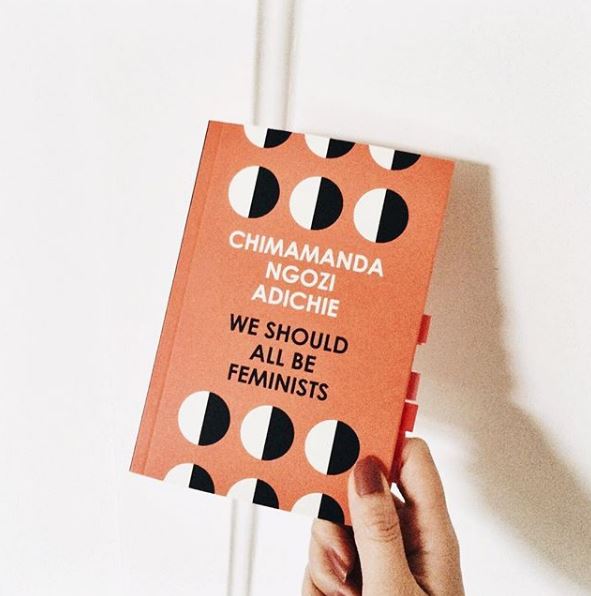

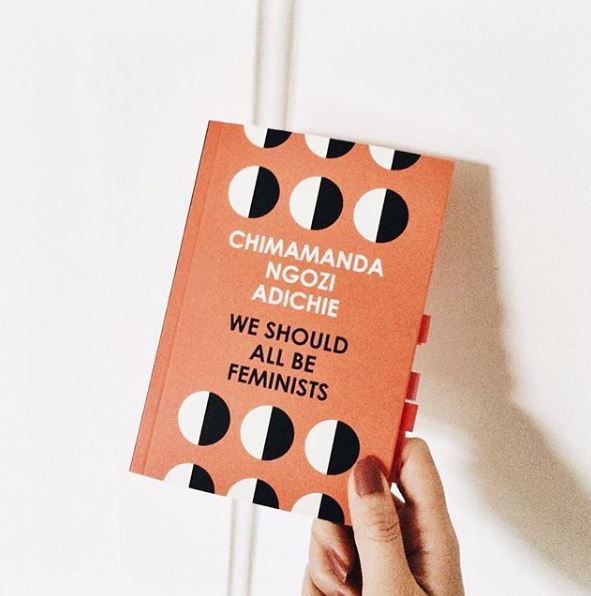

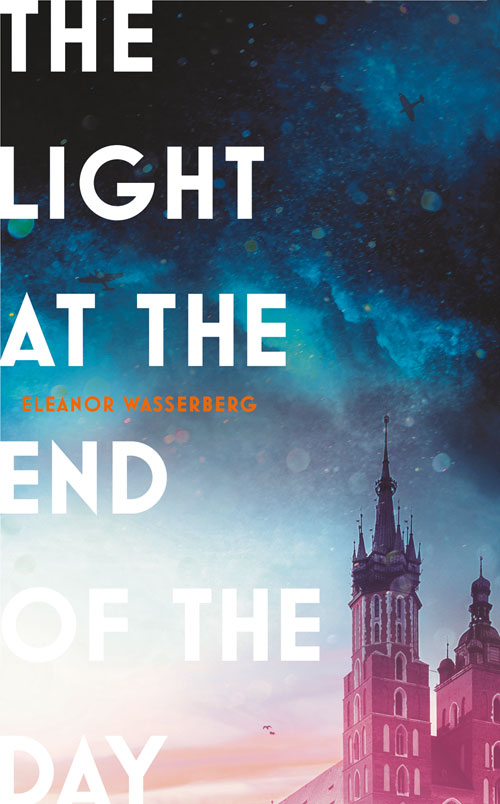
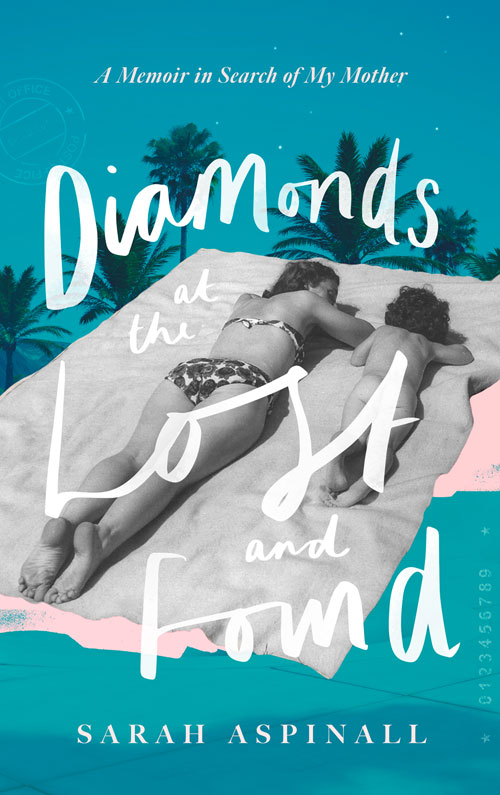
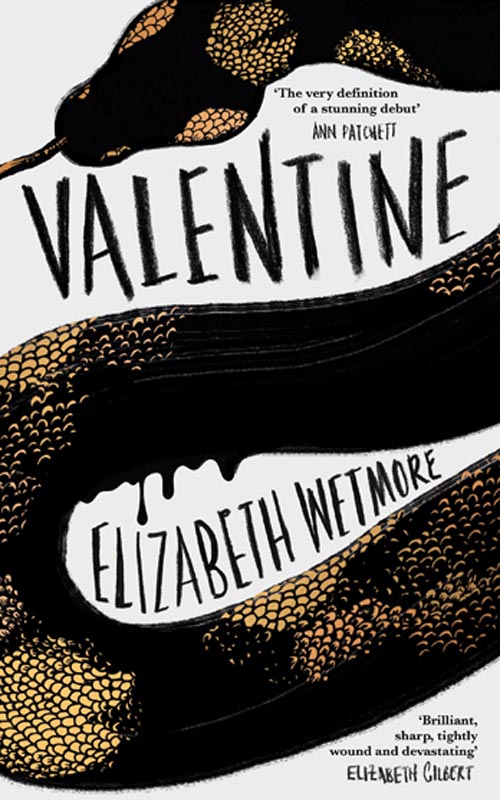
4thestatebooks